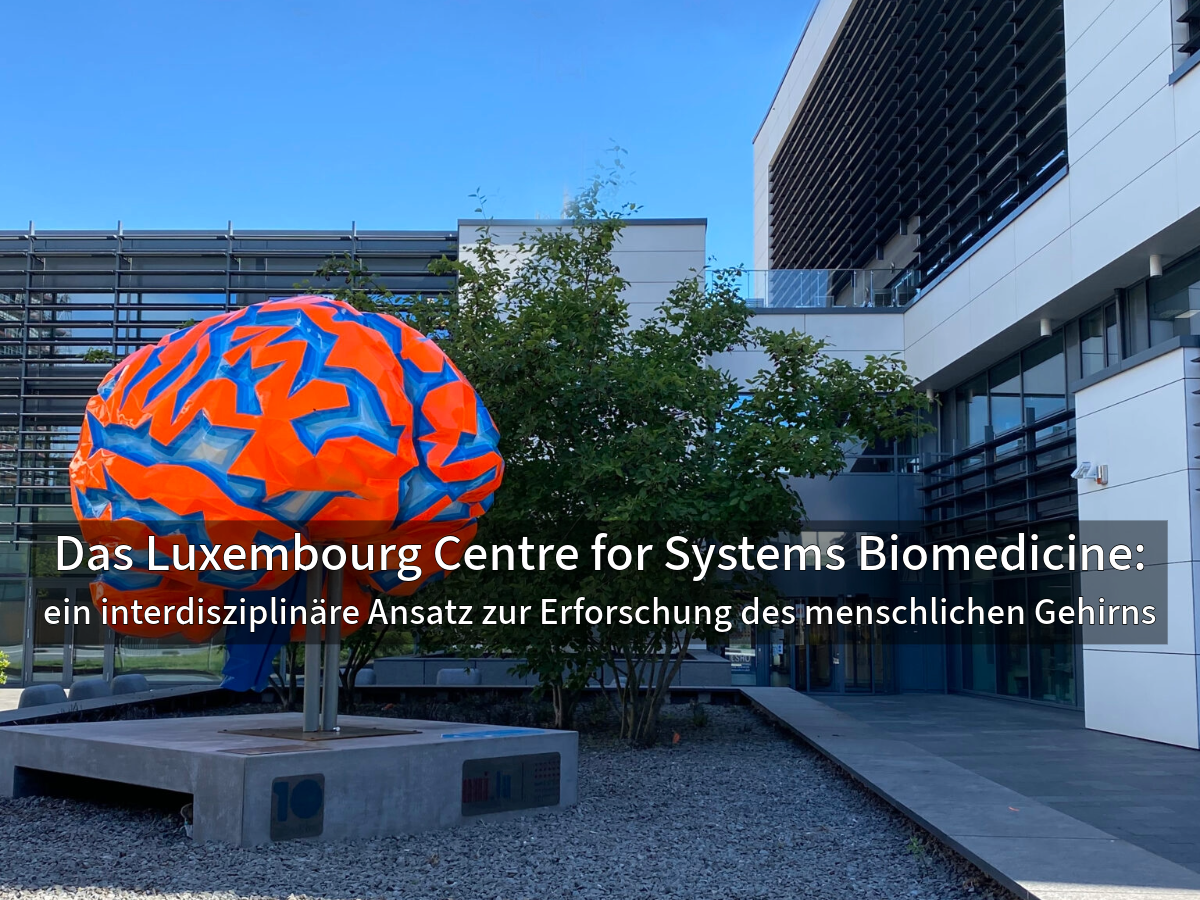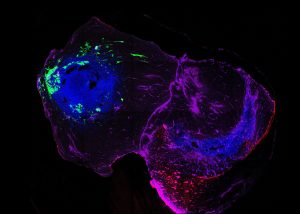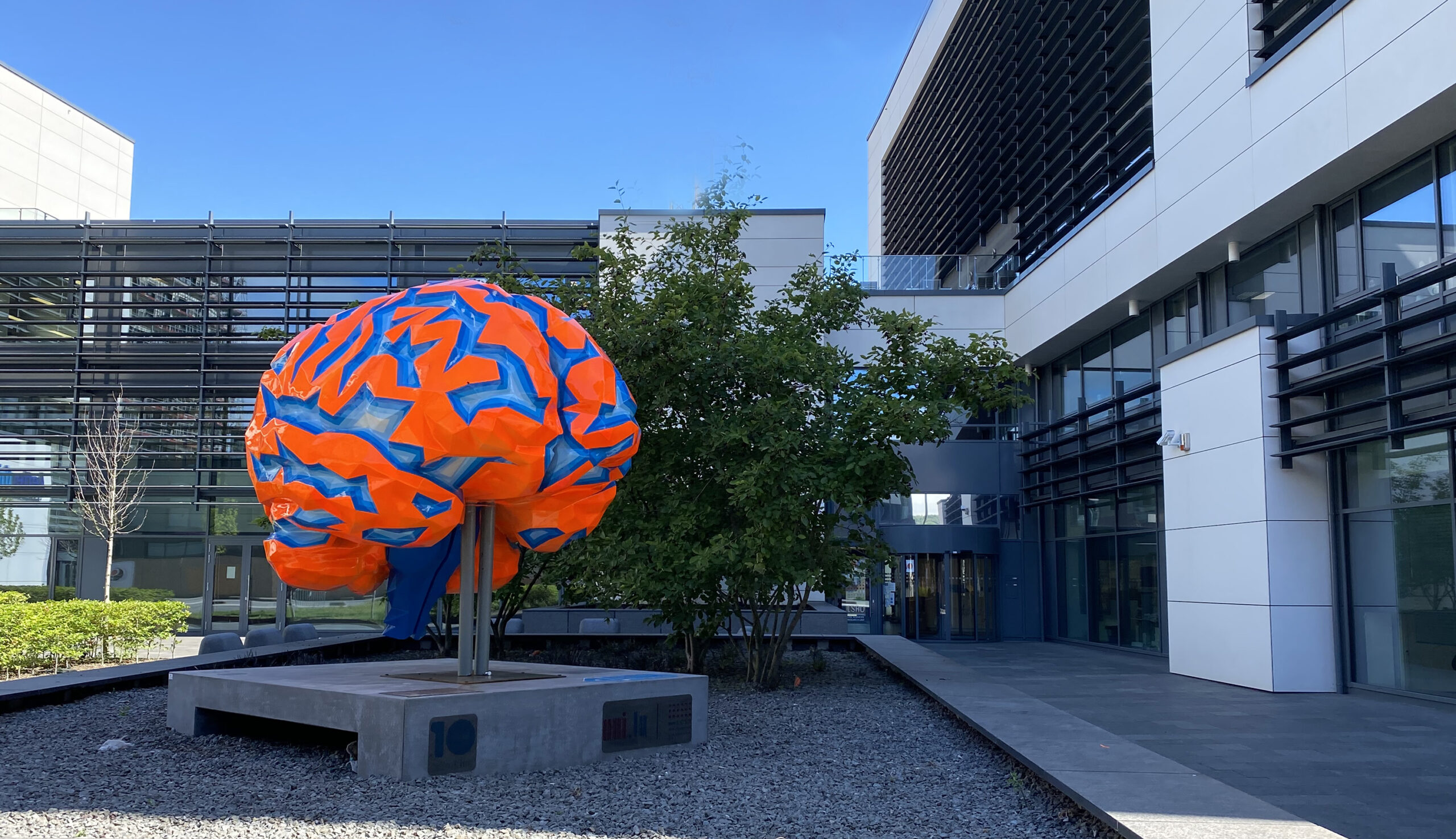Einblicke in unsere Forschung

Unsere Forschung konzentriert sich auf neurodegenerative Erkrankungen wie Alzheimer oder Parkinson. Wann beginnen sie? Welche Rolle spielt die Genetik? Wie werden sie durch Lebensstil, Ernährung oder Umwelt beeinflusst? Wie wirken diese Faktoren zusammen? Wie lässt sich das Fortschreiten neurodegenerativer Erkrankungen verlangsamen oder gar verhindern? Wir suchen unermüdlich nach Antworten – zum Wohle der Patienten.
Das LCSB in Zahlen:
-
270Mitarbeiter
-
17Forschungsgruppen
Aktualitäten
-

Gewonnene Erkenntnisse: Das Management der Corona-Pandemie in Luxemburg als Grundlage für die Pandemievorsorge
Forschung, OutreachLebenswissenschaften & MedizinLearn more -

Gehirn-Assembloide zur Erforschung der Ausbreitung der Parkinson-Krankheit
ForschungLebenswissenschaften & MedizinLearn more
Vorträge
- Dienstag24JuniFree of charge, In-person event, Lectures and seminars, Series
Women Leaders: Dame Louise Richardson
- Mittwoch25JuniCourses and workshops, Free of charge, In-person event
Sex/Gender, Neuroscience: What do we know?
- Donnerstag26JuniKostenfrei, Präsenzveranstaltungen, Vorlesungen und Seminare
Fasten - Wie der Körper vom Verzicht auf Nahrung profitiert
